Electric vs. Petrol: Which Car Should You Rent for Your Next Trip?
Choosing between an electric vehicle (EV) and a petrol car for your next trip can significantly impact your travel experience, budget, and even your environmental footprint. Here’s a guide to help you make the right choice.
The Rise of Electric Vehicles
Electric vehicles have surged in popularity, especially among eco-conscious travelers, thanks to their zero emissions and modern driving experience. Driving an EV offers a unique sense of excitement with instant acceleration, a quiet ride, and a sleek, modern feel that adds a special touch to every journey. However, if you’re planning a longer road trip, concerns about where to charge up can arise, particularly in areas where charging stations are scarce.
The Reliability of Petrol Cars
On the other hand, petrol cars are a tried-and-true option, known for their reliability on long journeys where gas stations are readily available. Petrol cars are often more budget-friendly upfront and offer a familiar driving experience, complete with the engine roar and gear shifts that many drivers love. While petrol cars may have higher fuel costs, they offer unmatched convenience, especially in regions where EV charging infrastructure is limited.
Sustainability vs. Convenience
If sustainability is a priority for you, choosing an EV can feel like a responsible way to travel. But if convenience and a wide range of options matter more, a petrol car might be your best bet. Ultimately, the choice comes down to what suits your travel plans, budget, and values. Understanding the key differences between electric and petrol cars will help you select the best option for your adventure.
Charging vs. Refueling: What to Expect on the Road
When deciding between an electric vehicle and a petrol car, understanding how to keep them running is crucial.
Charging an Electric Vehicle
Charging an EV can be a new experience for many drivers. Depending on the type of charger and the vehicle’s battery capacity, charging times can range from 30 minutes at a fast-charging station to several hours on a standard charger. This makes planning ahead essential, especially for longer trips. However, charging can be more cost-effective in the long run, especially if you have access to affordable charging options.
Refueling a Petrol Car
In contrast, refueling a petrol car is quick and easy, with gas stations readily available in most areas. You can refuel and get back on the road within minutes. However, the cost of fuel can add up, especially with fluctuating gas prices. Petrol cars don’t require the same level of advance preparation as EVs—you can fill up whenever it’s convenient, making them a more flexible option for spontaneous trips.
Availability of Charging Stations vs. Gas Stations
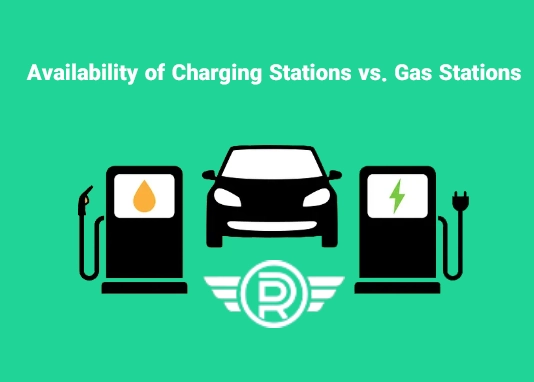
Another key consideration is the availability of charging stations versus gas stations.
In urban areas and along major highways, EV charging stations are becoming more common, but they’re still not as widespread as gas stations. This can be a concern if your travels take you to more remote areas where charging options might be limited. However, many newer EVs come equipped with advanced navigation systems that help you find the nearest charging station, ensuring you’re never too far from your next charge.
For road trips, some EVs offer the option to charge overnight at your accommodation, which can be a convenient way to top up while you rest. However, this depends on whether your hotel or rental property has charging facilities. Petrol cars don’t require this kind of advance preparation—you can simply refuel whenever it’s convenient, making them a more flexible choice for those who prefer to go with the flow.
Conclusion: Which is Right for You?
In summary, if you enjoy planning your journey with charging stops in mind and appreciate potential savings on fuel, an EV could be a great fit. However, if you value the ease of quick refueling and the widespread availability of gas stations—especially for longer or spontaneous trips—a petrol car might be the better choice for your adventure.
FAQ
What are the main differences between electric and petrol cars?
Electric cars run on battery power and have zero emissions, while petrol cars use gasoline and produce emissions.
Which is more cost-effective: electric or petrol cars?
Electric cars can be more cost-effective in the long run due to lower fuel and maintenance costs, but petrol cars may have a lower upfront cost.
Is it easy to find charging stations for electric cars?
In urban areas and along major highways, charging stations are becoming more common, but they may be harder to find in rural or remote areas.
How long does it take to charge an electric car?
Charging times vary depending on the charger type, ranging from 30 minutes at a fast-charging station to several hours on a standard charger.
Are petrol cars better for long road trips?
Petrol cars are often considered more convenient for long road trips due to the ease of finding fuel stations and quick refueling times.
Which type of car is more environmentally friendly?
Electric cars are more environmentally friendly because they produce zero emissions, unlike petrol cars that emit greenhouse gases.
Can I rent both electric and petrol cars for a trip?
Yes, many car rental companies offer both electric and petrol cars to suit different preferences and needs.
What are the driving experiences like in electric vs. petrol cars?
Electric cars offer a quiet, smooth ride with instant acceleration, while petrol cars provide a more traditional driving experience with engine noise and gear shifts.
How do maintenance costs compare between electric and petrol cars?
Electric cars generally have lower maintenance costs due to fewer moving parts, while petrol cars may require more frequent servicing.
What should I consider when choosing between an electric and petrol car?
Consider factors such as trip length, availability of charging or fuel stations, environmental impact, and your personal driving preferences.






















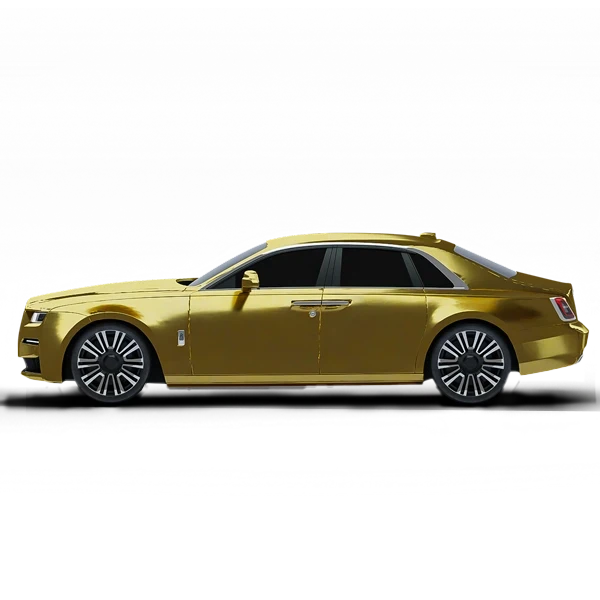






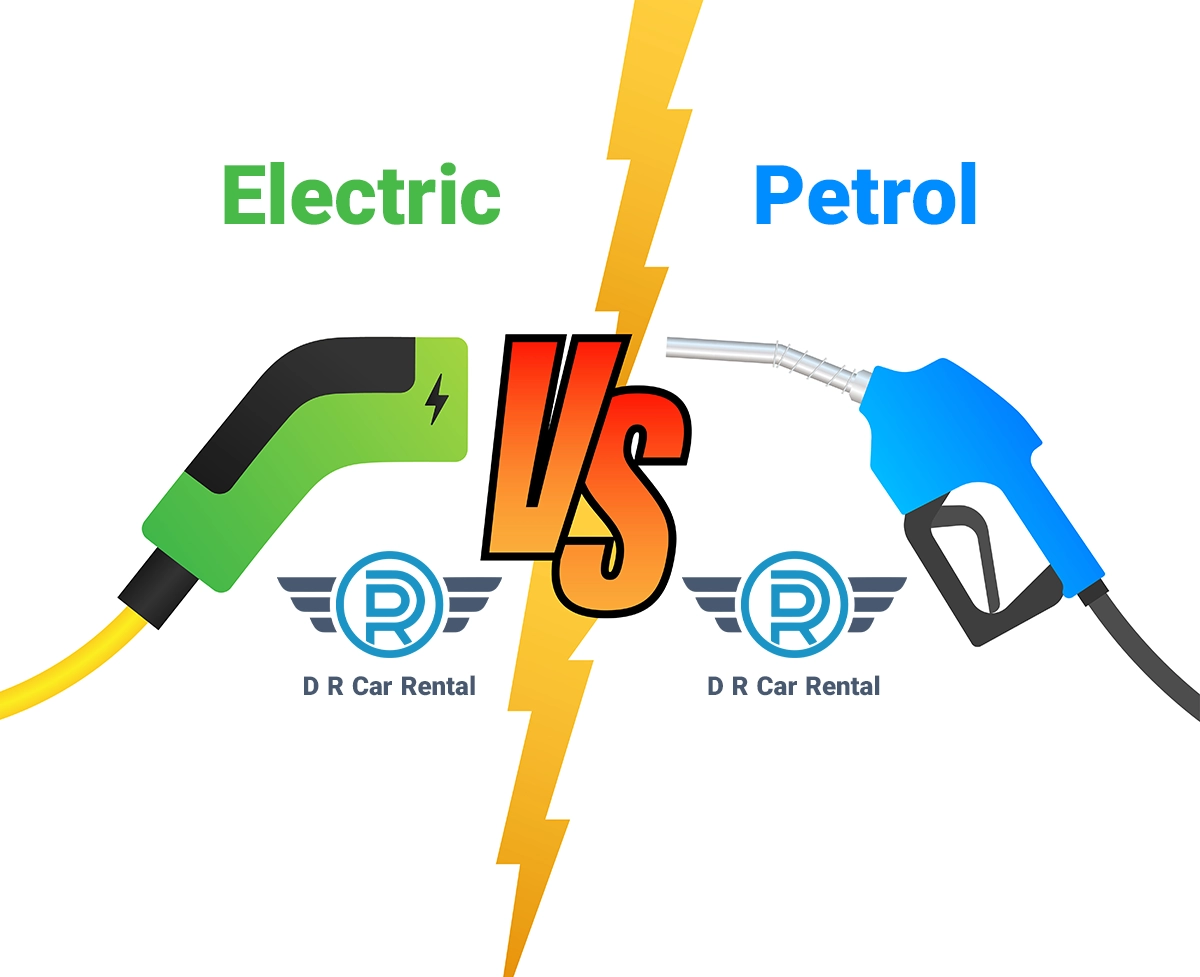
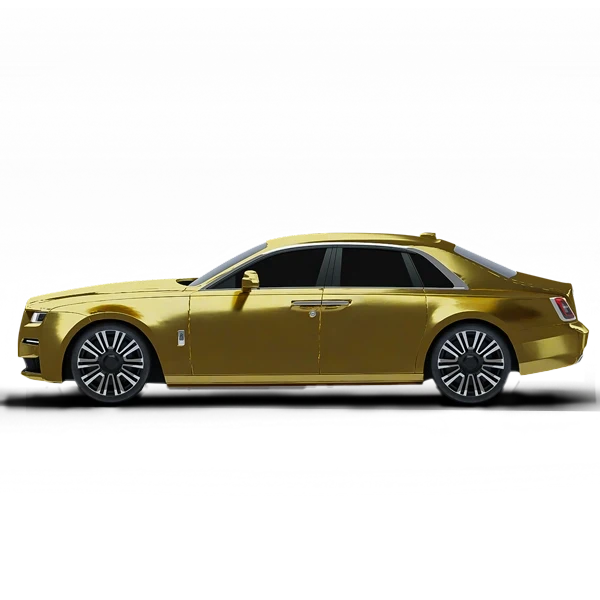





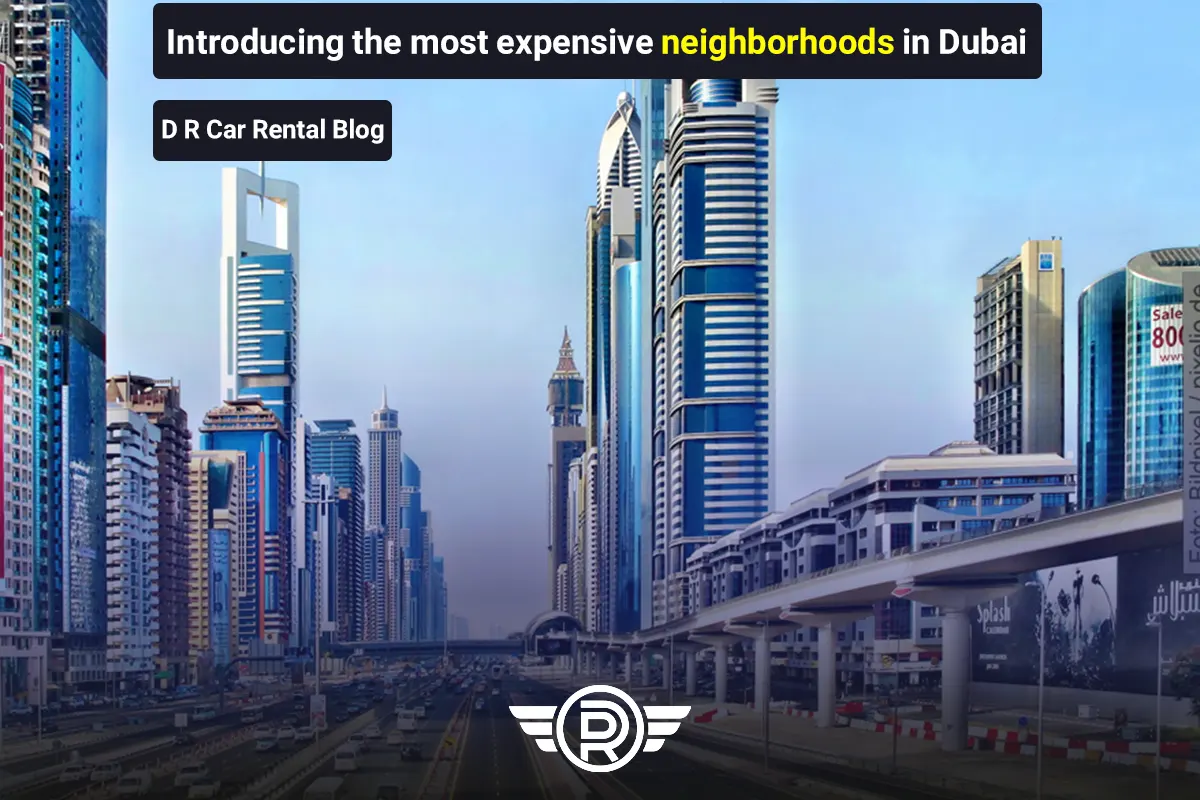

 Rolls Royce
Rolls Royce Lexus
Lexus Lamborghini
Lamborghini Porsche
Porsche Ferrari
Ferrari Toyota
Toyota Mercedes Benz
Mercedes Benz BMW
BMW Land Rover
Land Rover Bentley
Bentley Nissan
Nissan Cadillac
Cadillac Audi
Audi Chevrolet
Chevrolet GMC
GMC Hyundai
Hyundai Kia
Kia Mazda
Mazda